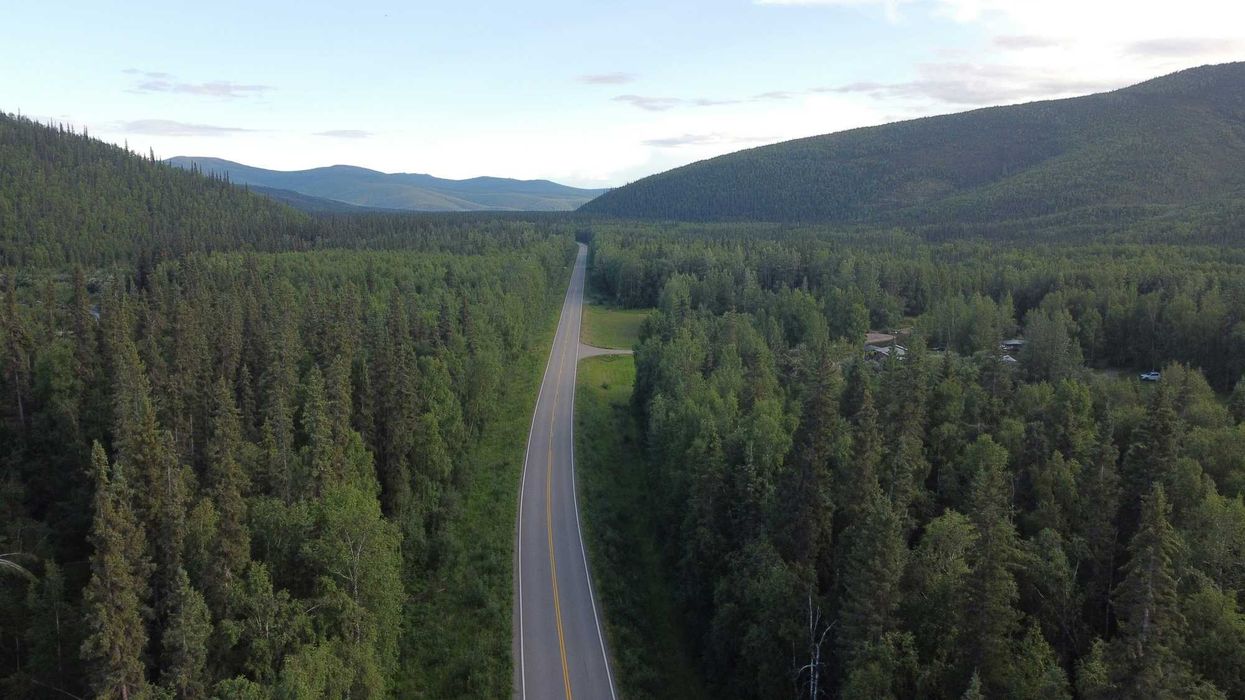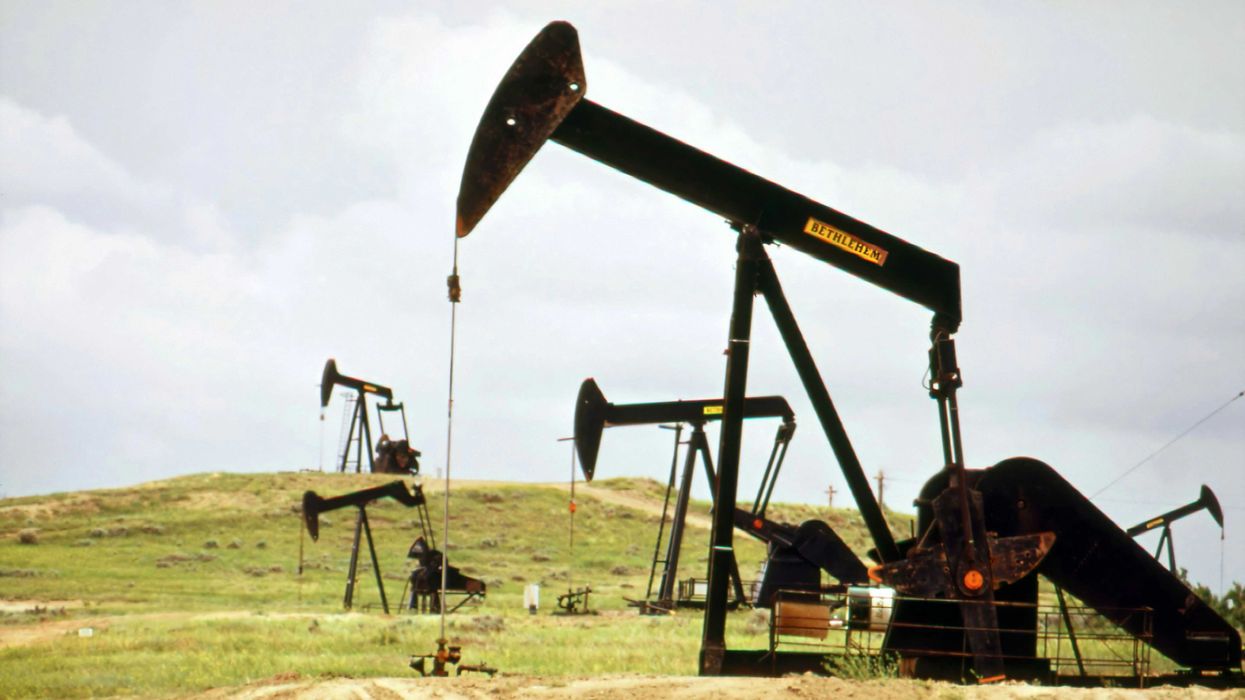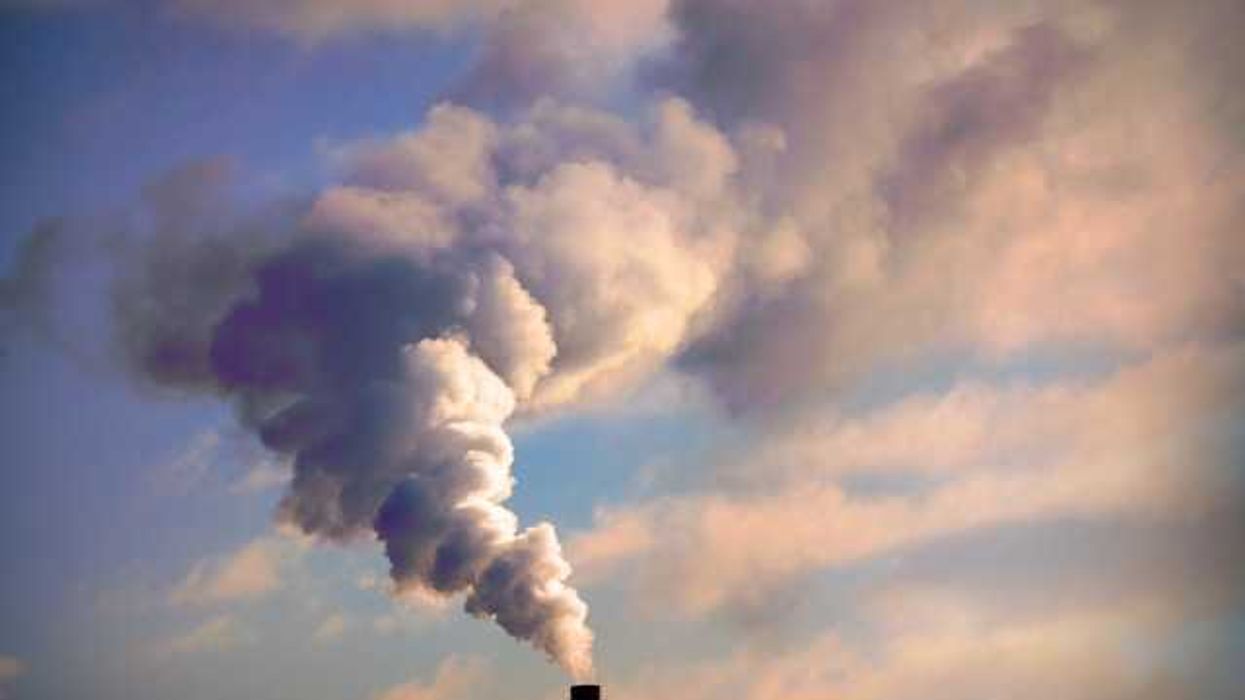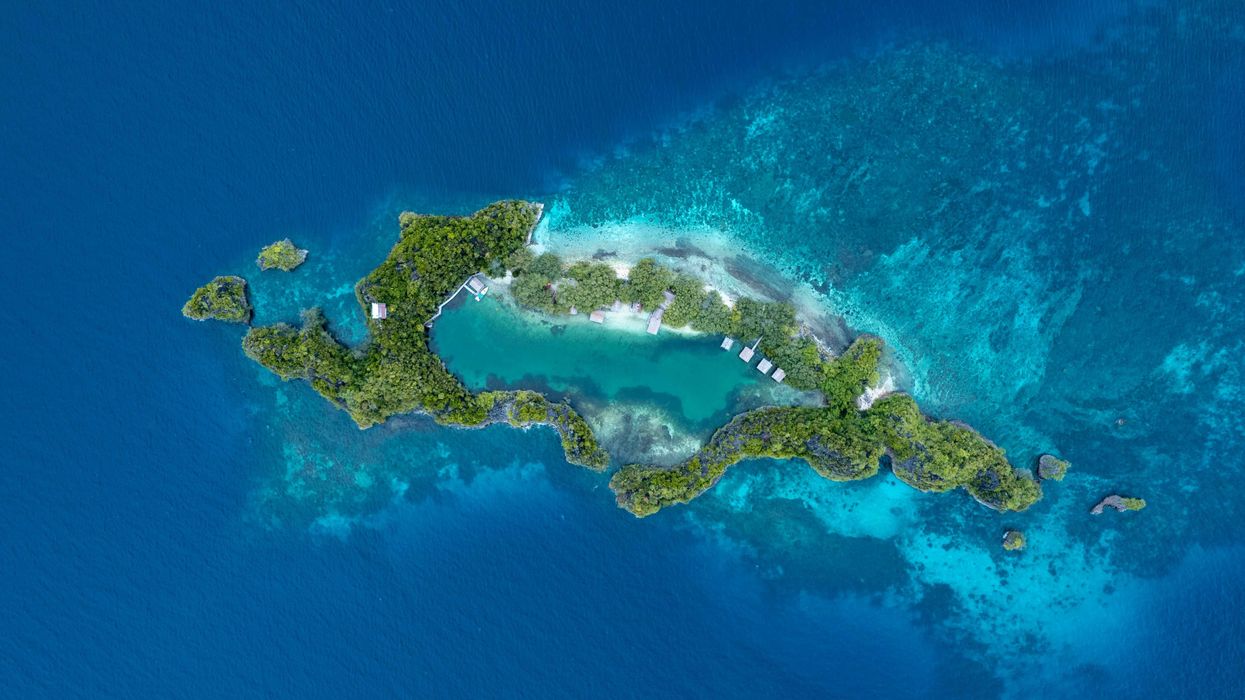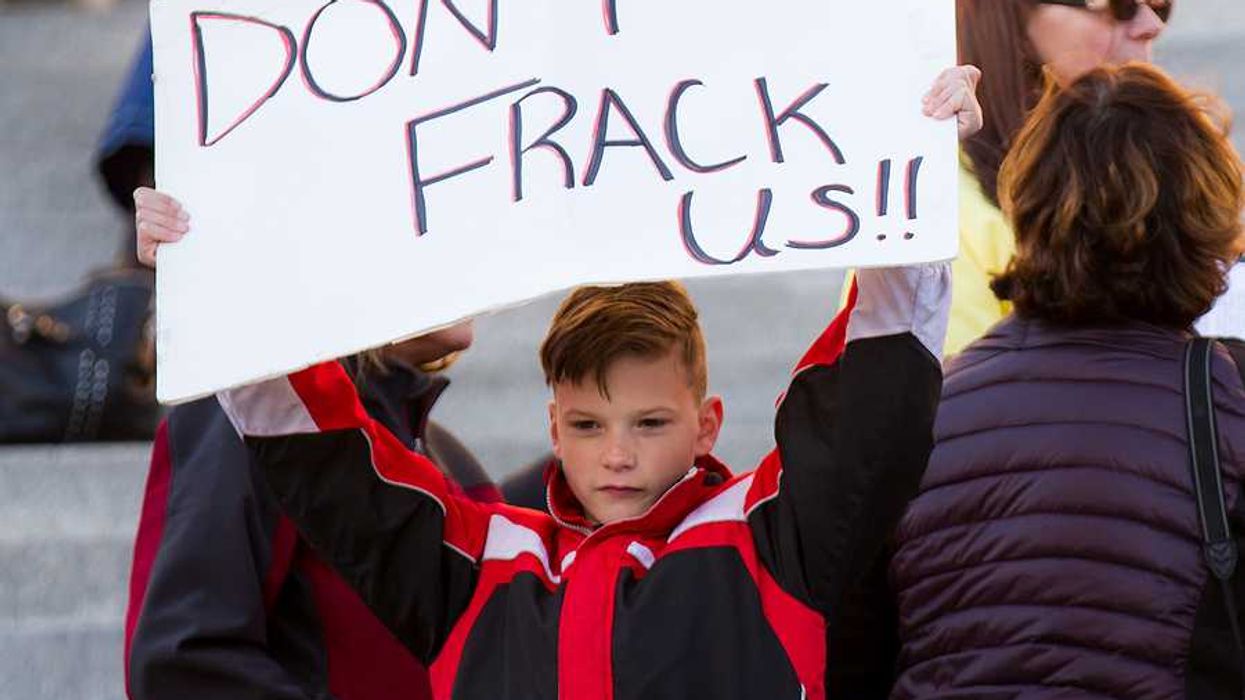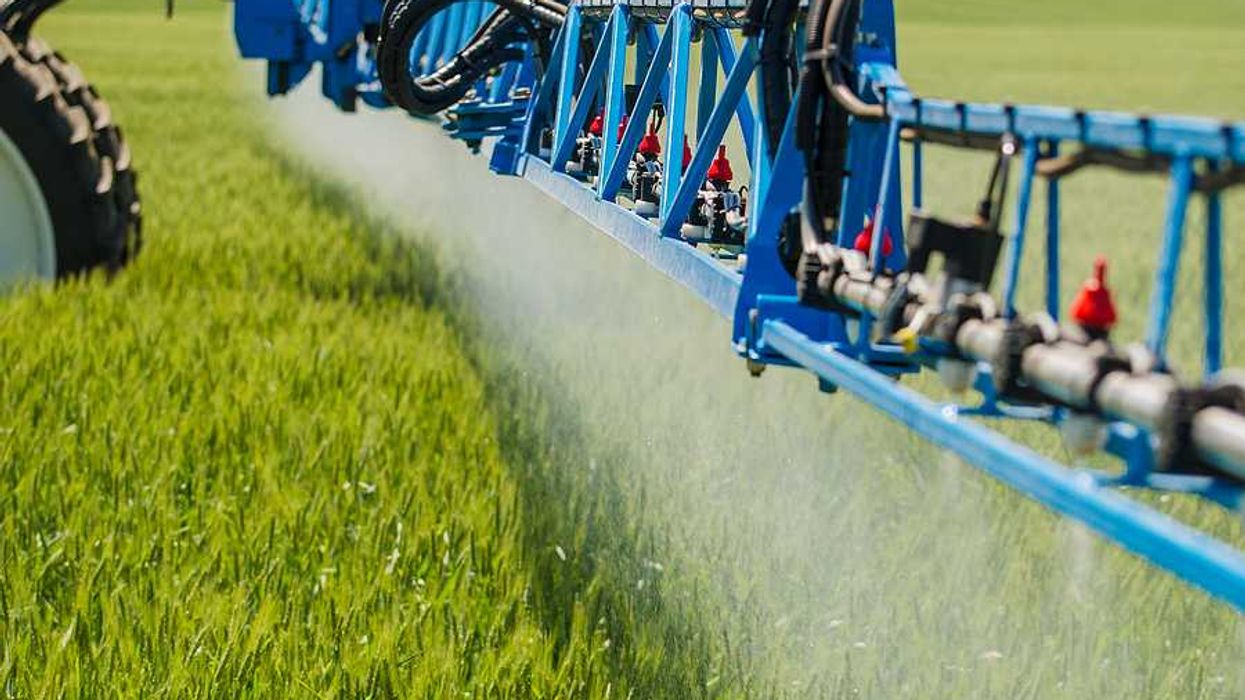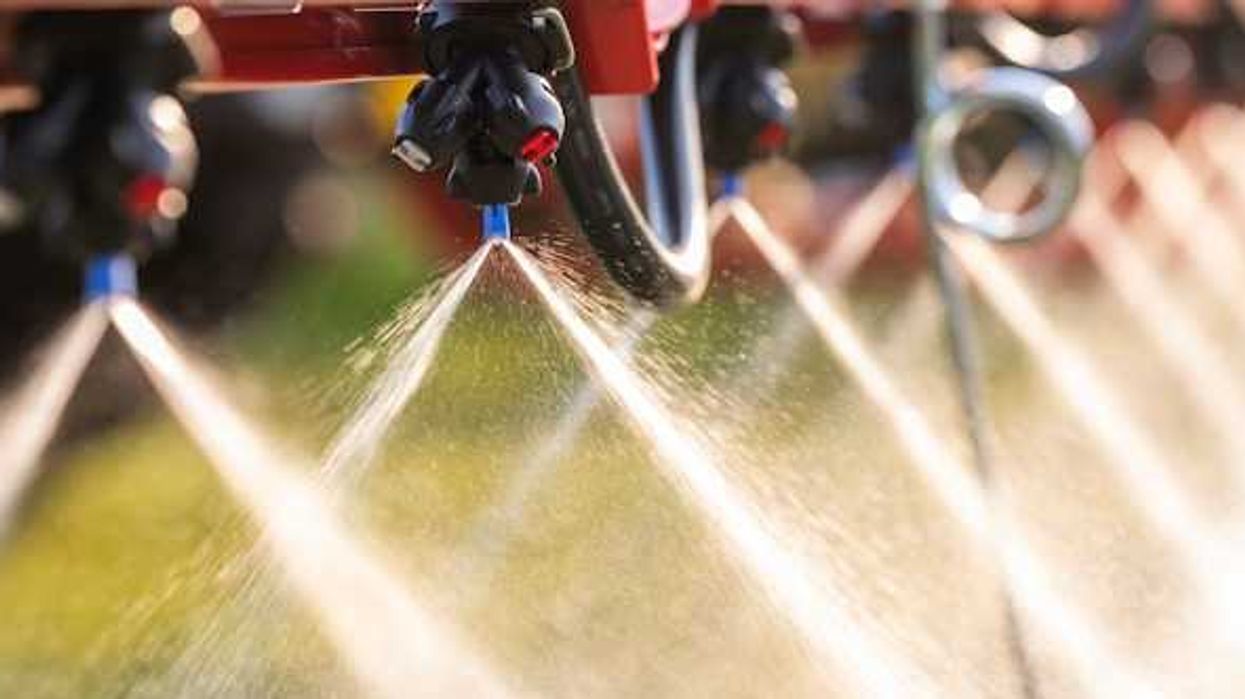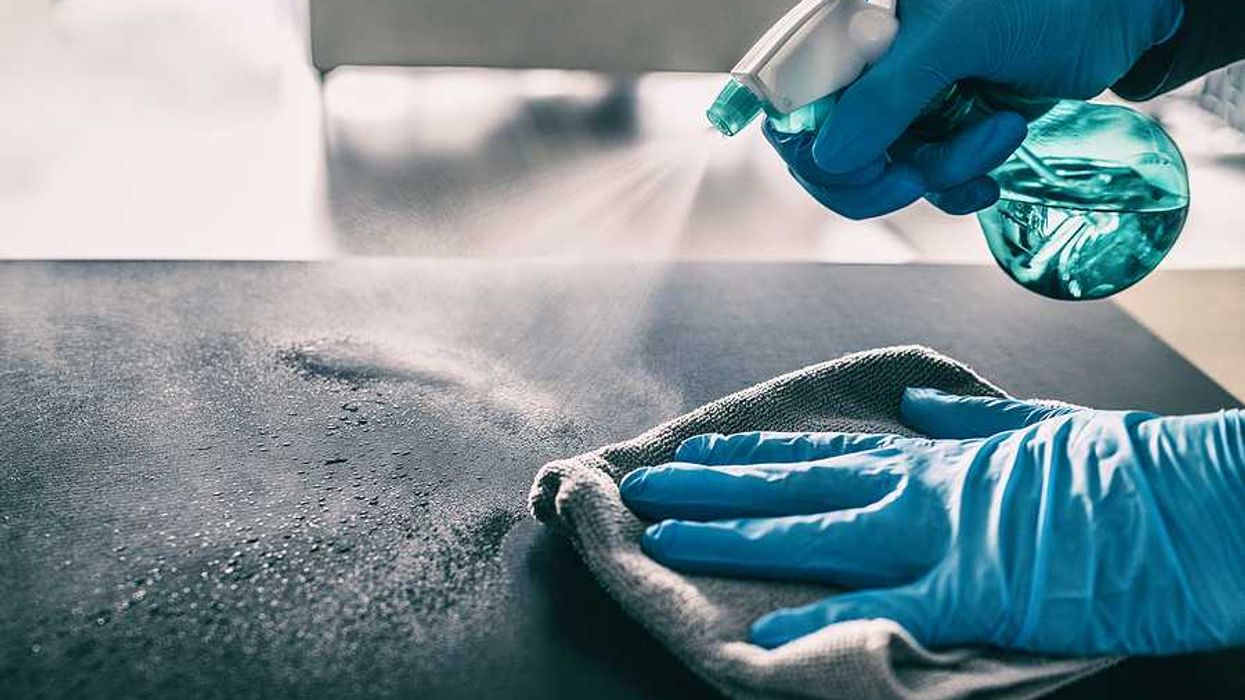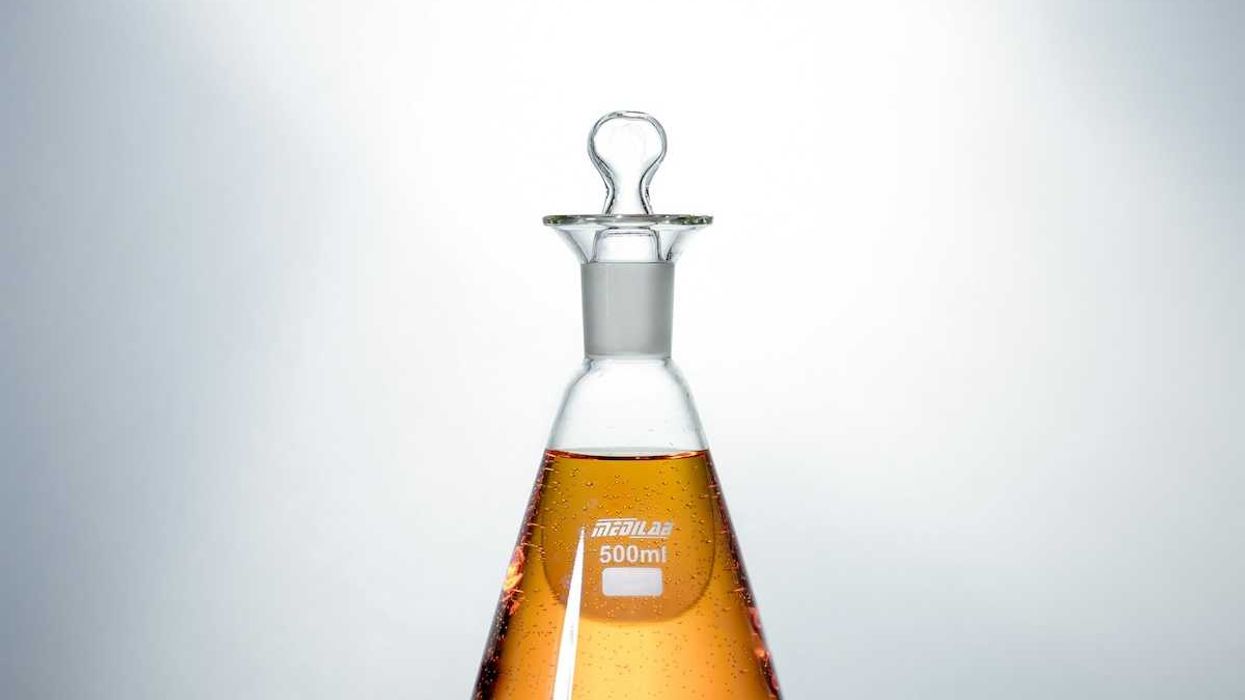Old, unplugged oil wells on Navajo land continue to spew contaminated water, with limited action from federal agencies despite treaty obligations and growing health concerns.
Jerry Redfern reports for Capital & Main.
In short:
- The Navajo Nation is dotted with abandoned oil wells, many now leaking toxic water that exceeds federal and tribal health standards for benzene, arsenic, and other pollutants.
- The EPA tested 46 such wells in 2018 and found 18 with contamination unsafe for human or livestock use, but no federal cleanup has occurred since.
- Local regulators have identified more wells and lack the funding to monitor or remediate them, while community members remain largely unaware of the risks.
Key quote:
“Ultimately the federal government still has that trust obligation to take care of it.”
— Steve Austin, senior hydrologist, Navajo Nation Environmental Protection Agency
Why this matters:
Toxic water from orphaned oil wells threatens human and animal health across the Navajo Nation, where water scarcity has forced many residents to rely on unsafe sources. The presence of carcinogens like benzene and arsenic in wells still used by ranchers reflects both a historical pattern of extractive industries leaving behind environmental harm and a systemic failure of federal oversight. These risks build on a legacy of contamination from past uranium mining, further burdening a population already facing health disparities.
Related: Company plans to convert a water well into a toxic waste dump near Navajo Nation



